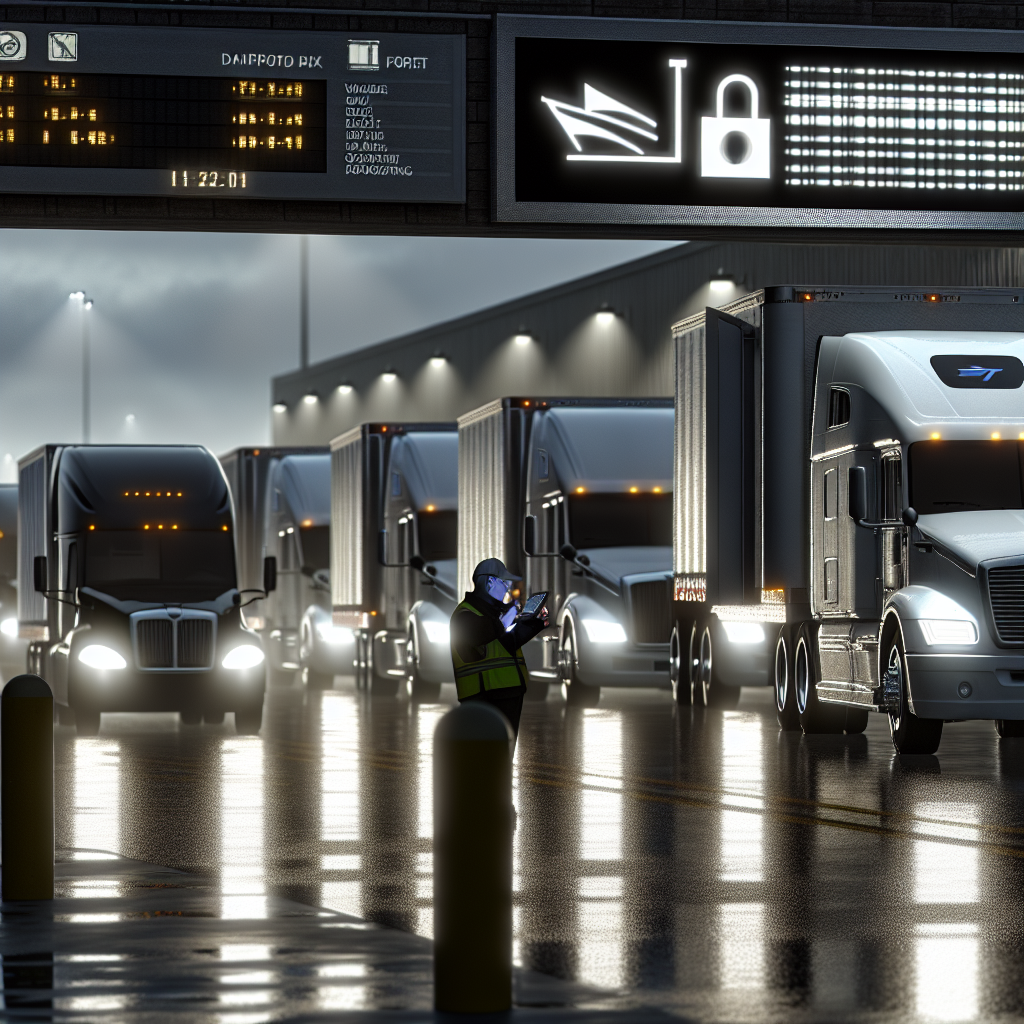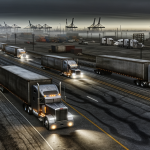IKEA is moving the brains of its home delivery network under its own roof. Ingka Group, the largest IKEA retailer, has acquired U.S.-based logistics software provider Locus to orchestrate planning, capacity, and last‑mile execution across key markets — a shift aimed at faster service, tighter control of SLAs, and lower per‑stop costs. Financial terms weren’t disclosed, but the companies said Locus will continue operating independently and support non‑IKEA shippers as well.
Why it matters for trucking: IKEA is one of the heaviest generators of bulky e‑commerce freight in North America. Bringing an “agentic” TMS platform in‑house gives the retailer the ability to build denser routes, consolidate orders, and steer volume to carriers with the right mix of capacity, cost, emissions profile, and on‑time performance — all in real time. Expect more API-driven tendering, narrower delivery windows, and stricter scorecards for final‑mile partners as IKEA unifies planning and execution rather than relying on a patchwork of third‑party dispatch tools.
In interviews and statements this week, IKEA said the technology will be piloted first in the U.S. and U.K., with global rollout to follow. The company projected the move could trim roughly €100 million a year from worldwide delivery costs once scaled — savings that typically come from higher route density, better appointment adherence, and fewer failed first attempts. Those efficiency gains reverberate through middle‑mile and last‑mile networks, boosting truck and van utilization while putting price pressure on providers that can’t match the data cadence IKEA will now demand.
Locus’s platform pairs AI‑driven route optimization and real‑time tracking with capacity management, surfacing exceptions early and recommending the next best move to protect SLAs and reduce empty miles. For carriers and delivery partners, that means more proactive re‑sequencing when traffic or dwell threatens a stop, and potentially more consistent volume if they outperform on on‑time and damage metrics that the software makes visible.
The acquisition lands as online orders account for 28% of IKEA’s retail sales, up from 11% in 2019 — a mix shift that tilts freight toward scheduled, appointment‑heavy residential delivery. Ingka positioned Locus as a complement to its earlier warehouse‑technology investment in Made4net, effectively stitching together WMS and TMS layers so store‑to‑door promises are planned, executed, and settled on one data spine. For trucking and final‑mile providers, tighter WMS–TMS coupling typically translates to earlier, cleaner tenders and less whiplash from late inventory releases — but also fewer excuses when the plan says a stop should be serviceable.
Competitive implications: IKEA’s scale means this is likely to ripple beyond furniture. A successful U.S. pilot will pressure other big‑box shippers to consolidate delivery orchestration in‑house, which could squeeze brokers and smaller software vendors that rely on IKEA‑sized anchor volumes. Conversely, carriers with strong API capabilities, flexible time windows, and urban delivery proficiency stand to gain share as the platform optimizes for density and reliability rather than simply lowest rate.
Near‑term watch list for fleets and 3PLs: onboarding timelines for the U.S. pilot, any revised compliance metrics or EDI/API requirements, and whether IKEA begins steering work toward partners that can provide granular telematics and proof‑of‑delivery artifacts. Those signals will show how quickly the new control tower begins to influence network design and contract awards.
Sources: FreightWaves, Reuters, Ingka Group
This article was prepared exclusively for TruckStopInsider.com. Republishing is permitted only with proper credit and a link back to the original source.





